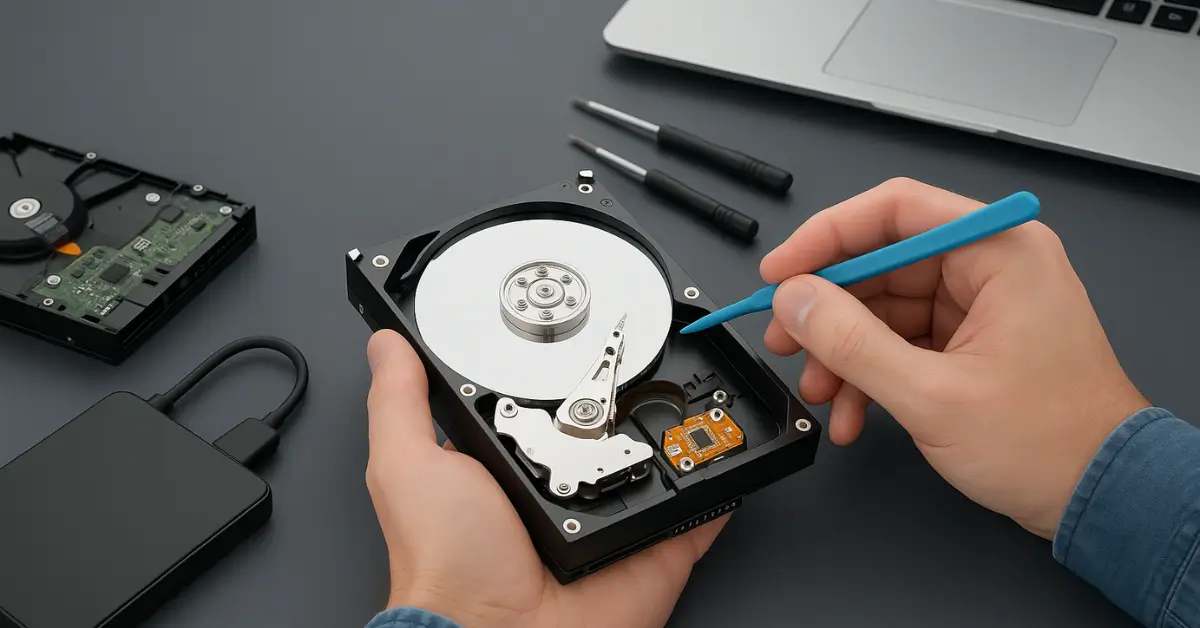98%
Recovery Success
90k
Jobs Completed
Professional Data Recovery in Kochi for All Devices
20+ years of data recovery experience, Class 100 certified cleanroom, Free inspection and diagnosis, Fast turnaround within 24–72 hours, Strict data confidentiality
We recover data from dead, clicking, not detecting and damaged HDDs using advanced tools to safely restore your files.
Recover data from SSDs with TRIM, controller or chip issues, including dead and non-booting NAND-based drives.
Data from RAID arrays, NAS and servers, even with multiple drive failures, restoring essential business data.
A sudden power surge knocked out a real-estate agency’s 1 TB Seagate® drive. Our Kochi data-recovery engineers replaced the PCB, copied the ROM, and retrieved 95 percent of documents within 48 hours successfully.

A blackout crashed an Ernakulam company’s RAID 5 server, dropping two disks. Our Kerala data-recovery team imaged survivors rebuilt the array, and restored every accounting record in 96 hours, keeping downtime low.



